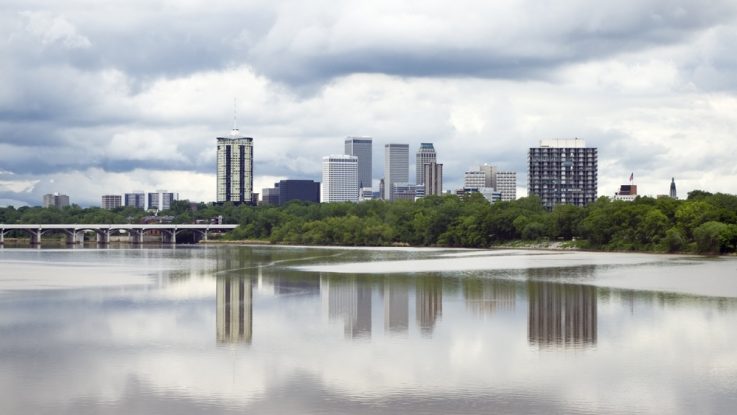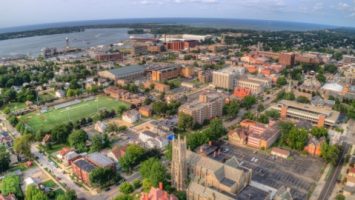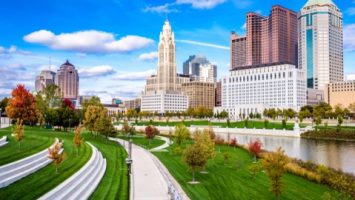
A number of communities around the US have identified remote workers as a valuable community asset. In an effort to avoid brain drain and population loss as the regions’ residents age, they are offering tax incentives, housing stipends, and student loan debt-forgiveness to new workers.
Vermont passed legislation earlier this year that offers $10,000 in tax breaks to remote workers who live there for two years. Maine has expanded a program that offers student loan forgiveness to qualified recent graduates who choose to live and work – remotely or not – in the state. Since 2014, Newton, Iowa, with a population 15,000, has given new home builders and buyers $10,000 in cash plus a “welcome package” worth $3,000 to spur economic development. Since the first $10,000 subsidy was given, 55 units have been permitted, 46 percent of them to new Newton families.
In a bid to increase the city’s tech workforce, The George Kaiser Family Foundation (GKFF) in Tulsa, Oklahoma is offering $10,000 cash, a housing stipend for a fully-furnished apartment in a building downtown, and a desk at a local co-working space to remote workers who move to Tulsa for a year. The program, Tulsa Remote, is fully funded by GKFF, and was planned with the city’s cooperation. Program applicants must be over 18, eligible to work in the United States, and able to move to Tulsa within six months. They have to come from outside Tulsa County, and be doing full-time remote work for a company that’s based elsewhere, or be self-employed. The program attracted more than 1,800 applicants in its first two days and only 20 to 25 winners will be chosen.


